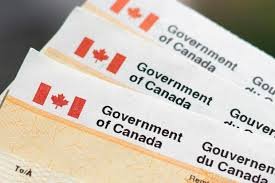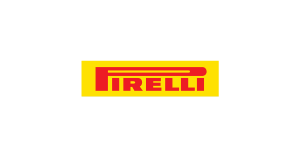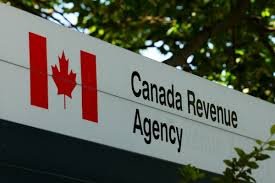Banks in Canada charge NSF fees when a transaction (such as a cheque, pre-authorized debit, or bill payment) cannot be completed due to insufficient funds.
These fees can be costly and often unexpected.
There is no universal “annual NSF rebate” program, but customers can sometimes get reversals or refunds under certain conditions.
In 2025, new government proposals may also limit how NSF fees are applied.
What is an NSF fee and why is it charged?
NSF stands for non-sufficient funds. It is a fee charged by a bank when you attempt a transaction (e.g., pre-authorized debit, cheque) but your account has insufficient funds to cover it.
The transaction is then declined or returned, and you are charged an NSF fee.
Banks set the NSF fee amount in your account’s terms and schedule of fees. In 2025, many NSF fees are high (often between CAD $45 and $48) for major Canadian banks.
Is there any existing annual NSF fee rebate in Canada?
No standard, nationwide “annual NSF fee rebate” exists.
Rebate or refund of NSF fees is handled on a case-by-case basis through fee reversal requests.
Many banks may offer a one-time refund or goodwill reversal of an NSF fee under special circumstances.
Because there is no formal rebate program, any “rebate” is essentially a reversal of the fee.
The likelihood depends on your banking history, whether the NSF event was a genuine error, and how many prior NSF fees you have incurred.
What changes are proposed at the federal/regulatory level?
In 2024, the Canadian federal government announced intentions to cap NSF fees at $10 per occurrence, restrict multiple NSF fees for the same transaction, and disallow NSF fees when the overdrawn amount is under $10.
Under the proposed new regulations, banks would also be required to send a pre-notification alert (minimum 3 hours advance) before charging an NSF fee, giving you time to deposit funds to avoid the fee.
These changes are not yet fully in force. Until then, your primary recourse is requesting a reversal directly with your bank.
Who may qualify for an NSF fee refund or reversal?
While policies vary by bank, you may be eligible to get an NSF fee reversed if:
- It is your first time incurring an NSF fee (or one of your first). Banks are more likely to grant a “courtesy waiver.”
- The NSF was caused by a banking error (e.g., deposit misposted, system failure).
- You have a long, good relationship with the bank (e.g,. many years as a customer, maintaining balances or holding multiple products).
- You act promptly after seeing the fee, contacting customer service quickly.
- You submit a well-documented request explaining the reason and any supporting evidence.
However, banks are not obligated to grant a refund; they follow their internal policies.
How to request an NSF fee refund or reversal
Here’s how you can pursue it:
- Identify the fee — check your bank statement or online banking to confirm the date, amount, and reason of the NSF fee.
- Review your account agreement/fees schedule — see what your bank’s terms say about NSF fees and whether there is allowance for reversal or refund.
- Contact customer service — call or visit your branch and politely request that the NSF fee be reversed. Explain your situation clearly (for example, “I overlooked this payment,” “I had funds but there was a posting delay,” etc.).
- Submit a written request — if required, send a letter or secure message via your bank’s system specifying the fee, date, reason, and asking for a “goodwill reversal.”
- Provide evidence — include any relevant documentation (e.g., deposit timing, transaction records) that supports your claim.
- Follow up — if the initial request is denied, ask to escalate to a manager or the complaint resolution department.
- Check result — if approved, the bank will credit the NSF amount back to your account (or issue a refund). In some cases, refunds for closed accounts may be issued by cheque. RBC’s policy states that service fee refunds go to the account or by cheque if the account is closed.
What documentation or proof helps your claim?
When requesting a refund, having the following increases your chance:
- A clear transaction history showing the NSF charge
- Deposit slips or evidence that funds were or would soon be available
- Any correspondence indicating errors or delays
- Account statements showing you are a good-standing customer
- Timing evidence (e.g., that the NSF was a one-time oversight)
Be organized, concise, and courteous in your request.
What if the bank denies your request?
If your bank refuses:
- Ask for a written explanation or escalation to a supervisor.
- Submit a formal complaint to the bank’s ombudsman or internal dispute resolution.
- If that fails, you may file a complaint with the Financial Consumer Agency of Canada (FCAC) or your provincial banking regulator.
- Monitor the regulatory changes: once the proposed NSF fee caps and rules come into effect, higher fees or unfair practices may be challenged.




